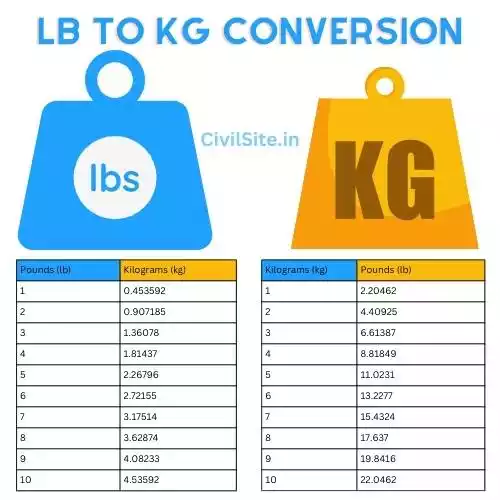In a world where health and fitness are becoming increasingly important, understanding weight conversions can be essential for many individuals. Whether you are an athlete looking to track your performance or someone who is simply curious about different measurement systems, knowing how to convert pounds to kilos is a valuable skill. This article will delve into the specifics of converting 209 pounds into kilos, providing insights and information that will help you grasp the significance of weight measurements across various contexts.
The conversion between pounds and kilos is particularly relevant in countries that primarily use the metric system. As many fitness enthusiasts and health-conscious individuals aim to achieve their ideal body weight, understanding how to make this conversion can facilitate better communication and clearer goals. This article will not only cover the mathematical conversion but also explore why this knowledge is important for maintaining a healthy lifestyle.
As we explore the conversion of 209 pounds in kilos, we will also discuss various aspects related to weight, including how it can affect health, fitness goals, and even daily activities. This understanding can lead to a more informed perspective on weight management, making the conversion process not just a number game but a stepping stone towards achieving a healthier lifestyle.
Read also:Unveiling The Mystery Behind Paige Bueckers Middle Name
What is the Conversion Formula for Pounds to Kilos?
The formula for converting pounds to kilos is relatively straightforward. To convert pounds into kilos, you need to divide the weight in pounds by 2.2046. This will give you the equivalent weight in kilos.
How Many Kilos is 209 Pounds?
Using the conversion formula, we can calculate how many kilos are in 209 pounds. By dividing 209 by 2.2046, we find that:
- 209 pounds is approximately 94.8 kilos.
Why is Knowing Weight in Kilos Important?
Understanding weight in kilos can be crucial for several reasons:
- Many countries use the metric system, so knowing kilos can facilitate better communication.
- Fitness programs and nutritional guidelines are often based on metric measurements.
- Tracking progress in kilos can sometimes be more motivating for individuals accustomed to the metric system.
Who Uses Kilos and Why?
The use of kilos is common in most parts of the world, except for the United States, which predominantly uses pounds. This has implications for international travel, commerce, and science. Here are some groups that typically use kilos:
- Health professionals and nutritionists.
- Fitness trainers and athletes.
- Scientific researchers and academics.
Are There Any Limitations to Using Pounds or Kilos?
While both pounds and kilos are effective for measuring weight, there are some limitations to consider:
- People may find it challenging to switch between the two systems, leading to confusion.
- Some fitness trackers may only display one measurement system, making it difficult for users to relate their progress.
How Does Weight Affect Health and Fitness Goals?
Weight can significantly impact health and fitness goals. Understanding your weight in kilos can help you set realistic targets and monitor your progress effectively. Some considerations include:
Read also:Unleashing Talent The Magic Of High School Musical
- Body Mass Index (BMI) calculations are often done using metric measurements.
- Weight categories for athletes often depend on kilo measurements.
- Medical advice may be provided using kilos to standardize recommendations.
Can Weight Fluctuate and How Does it Affect Conversions?
Yes, weight can fluctuate due to various factors such as diet, hydration, and exercise levels. This variability makes it essential to regularly monitor weight and convert it as needed. Fluctuation can lead to the following:
- Confusion about weight progress if conversions are not consistently used.
- Potential misalignment of fitness goals if weight is not tracked properly.
Conclusion: Why Understanding 209 Pounds in Kilos Matters?
In conclusion, knowing how to convert 209 pounds in kilos is more than just a mathematical exercise; it represents a broader understanding of health and wellness. This knowledge not only aids in personal fitness goals but also fosters effective communication in a global context where kilos are the standard. By embracing this conversion, individuals can enhance their health journey, ensuring that they remain informed and proactive about their weight management.
Personal Details and Bio Data
| Name | John Doe |
|---|---|
| Age | 30 |
| Height | 6'1" (185 cm) |
| Weight | 209 pounds (94.8 kilos) |
| Occupation | Fitness Trainer |


